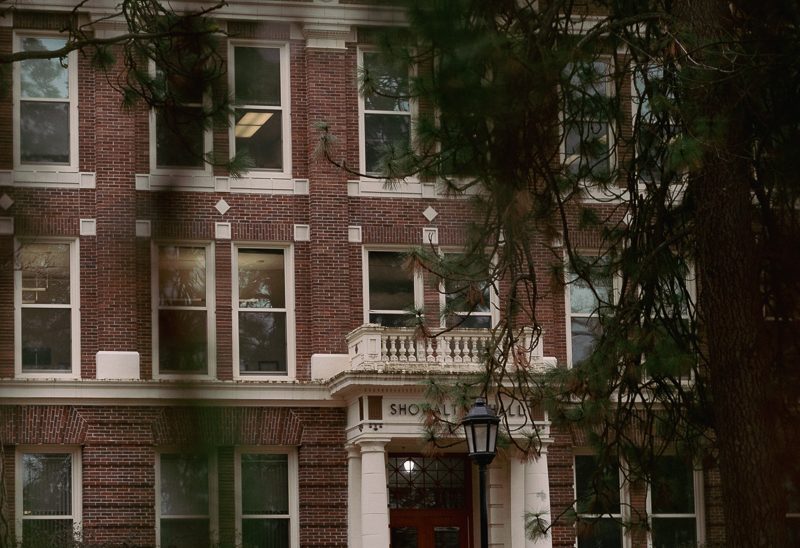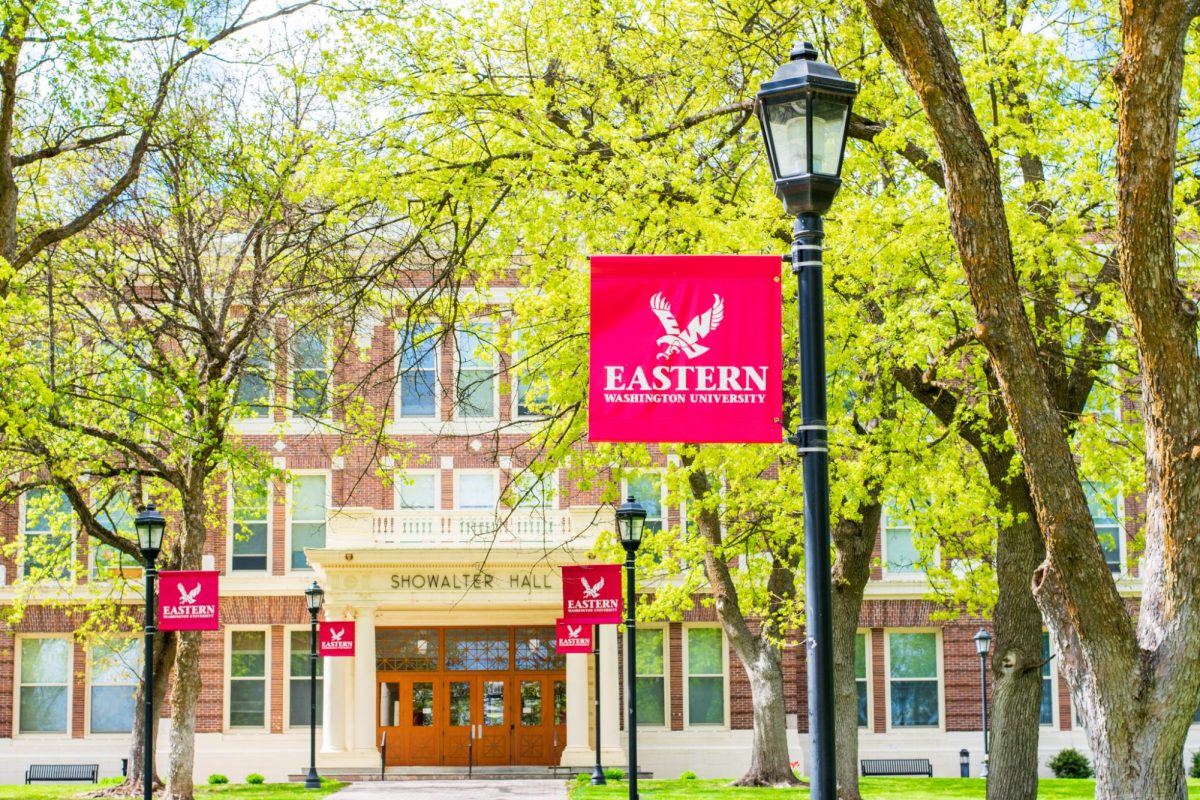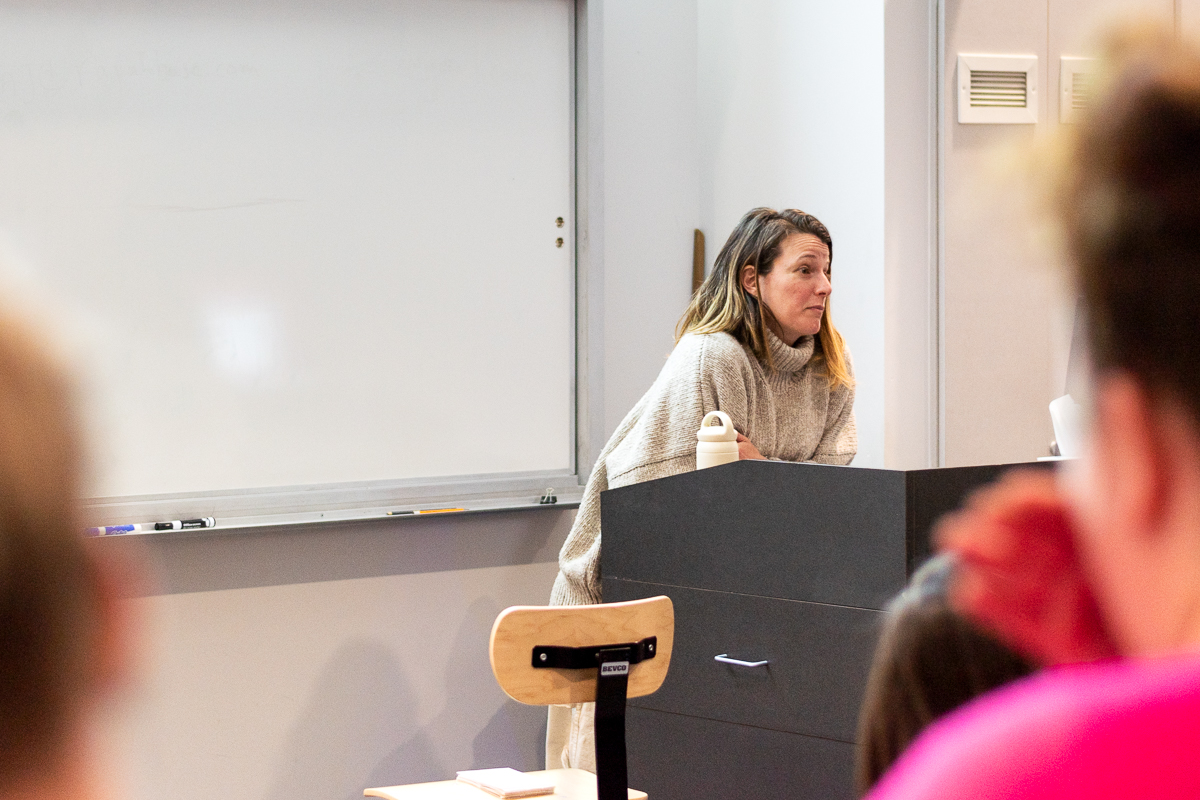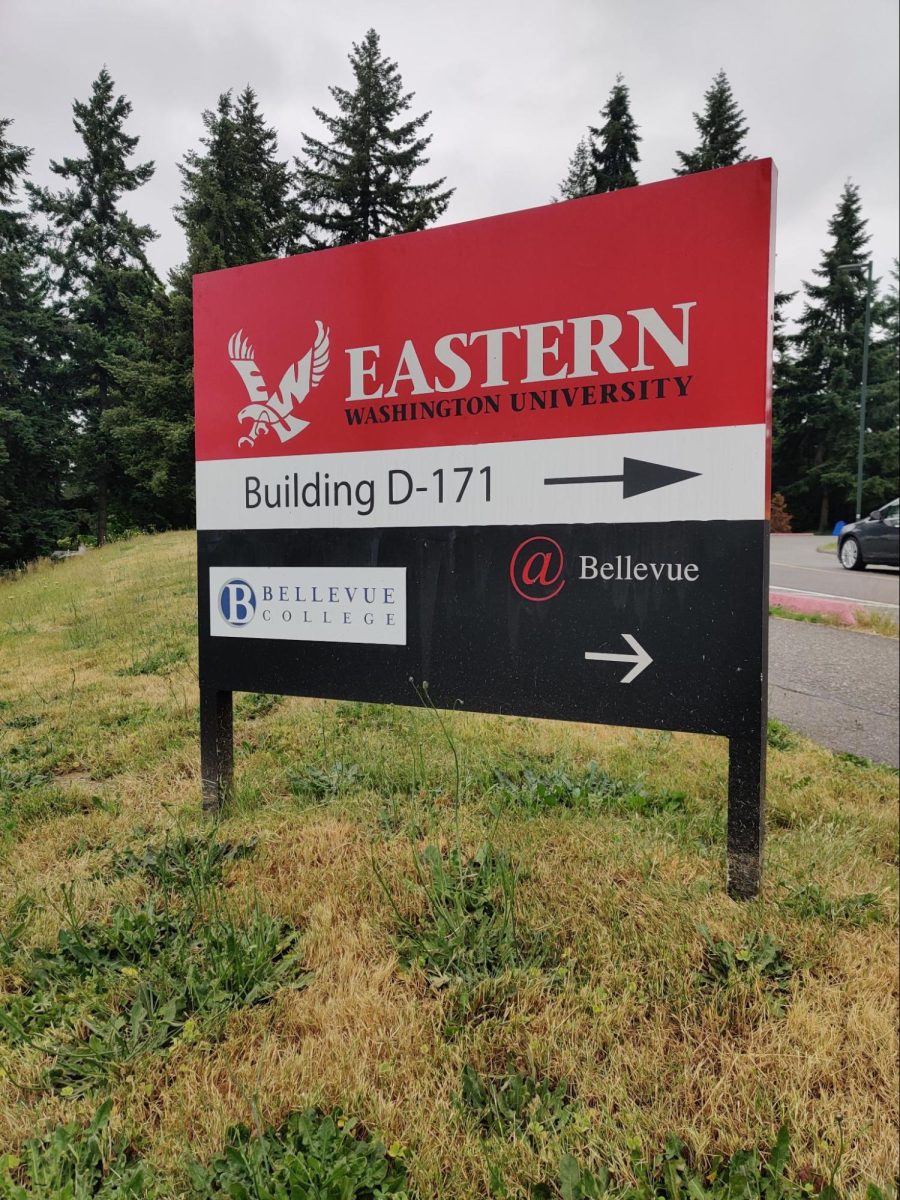The Strategic Resource Allocation (SRA) process has been occurring on Eastern Washington University’s campus for over a year now in response to budgeting deficits. The process has just completed a public comment period, and is now entering a program review process. But when speaking with students on campus, it may seem that many have no idea what the SRA process even is.
“I have never heard about this to this day,” Black Student Union Secretary Samara McElroy said about the SRA. “I know if we’re confused, so many other people will be confused if they ask them about what’s going on.”
So, what really is the SRA, and what does it mean for students?
What is the SRA?
Eastern Washington University’s website defines the SRA as “a process by which to examine the ways our resources are being invested and addresses all institutional costs that will provide a plan to rebuild EWU financial health and sustainability.” The website indicates that institutions could save anywhere from 6-12% of their budget on average over a three to four year period through the process, though EWU’s estimate is not yet determined.
So far, the process has involved two teams of staff and faculty members reviewing all of EWU’s academic programs and university services. The teams have sorted each program and service into one of five categories: invest, maintain, streamline, transform, and disinvest. Currently, their reports are functioning as a budgeting recommendation for the university’s leadership team and the board of trustees, who will then make the final call on where the money goes.
The final reports are available for the public to view here.
The sorting teams looked at the financial data for each item and ran calculations based on the information, but some people have expressed concern over the useability of the data in the first place. Professor of mathematics Carlos Castillo-Garsow, who has been independently analyzing the released datasets, said that one complication in the data is that there was a lot of guesswork in determining the revenue of academic programs.
“They made a bunch of recommendations that are largely based on things that they see as issues of value statements or problems in the university,” Castillo-Garsow said.
Anthony Masiello, chair of the team dealing with academic programs, declined to comment when asked about the data concerns.
What does this mean for students?
Because the reports are only recommendations at this point in time, a lot is still up in the air about how program budgets will actually be handled. Students who are currently declared in their majors or minors will be able to complete them, even if their programs were placed in the disinvest quintile, however the upcoming program review process has the potential to lead to discontinuation of the program in the future. On the flip side, some programs will likely be given increased resources.
“Everybody has a different stake in the game, everybody has a different idea of why we should trim certain things or why we should invest in other things. And so the financial aspect is some of it, the values of the university is some of it, student experience is some of it. You get different weights to those priorities from different people, which is what makes it so contentious.” Castillo-Garsow said.
Though there is no consensus among faculty members on how the SRA results should be implemented, president of EWU’s faculty organization, Pui-Yan Lam shared her perspective on the topic.
“I think the best case scenario is our university leaders understand that [the SRA results are] reasonable, and I also think it is our ethical and moral obligations to make sure students who come to Eastern have what they need for academic success and for future success,” said the President of EWU’s faculty organization, Pui-Yan Lam.
If implementation goes well, Lam believes that some narrowing of programs may actually be a helpful thing for students who are feeling overwhelmed by options.
“From the academic task force reports, what they are trying to do is find ways to streamline some of the majors, but instead of getting rid of a major it might be that a major has several different options and to combine them into just one major,” Lam said.
But she also said that having enough of a range to explore is important as well, both for student exploration and budgeting, due to the fact that many lower cost programs may be able to teach a larger number of students at a time, while higher cost programs may have a higher workforce demand.
“By having a wide variety of majors including some professional programs that are expensive to run and then some of the arts and humanities and social science majors that don’t cost as much for the university to run, I think that actually would be good for the financial health of the university,” Lam said.
The Associated Students of EWU (ASEWU) have been working to ensure students will have a voice in the program review process, which all programs must go through before discontinuation.
“I think that this process is going to be creating a better program for students to go into. And then the unfortunate truth is that there are a lot of majors that don’t have a lot of students in them, and that there isn’t a very big demand for, and trying to alleviate that part of our university to make sure that we can give the best experience to other students is going to be part of that,” said Lucas Fyre, ASEWU President. “Our job at ASEWU is giving a platform for every student because we cannot make decisions for the entire student body – it wouldn’t be right.”
To provide this platform, ASEWU has created a new position called “Senator at Large,” designed to be a low commitment, paid opportunity to incentivise busy students to get involved in university politics – including the program review process.
“We really really want students from all over campus to get involved because this does impact them,” Iman Munawar, ASEWU Executive Vice President said. “Providing those positions that are just three hours to come to our meetings and a committee meeting, hear what’s going on around campus and making an informed vote is really important to us.”





![Simmons said the biggest reasons for her success this year were “God, hard work, and trusting [her] coach and what she has planned.”](https://theeasterner.org/wp-content/uploads/2024/05/image1-1-1200x800.jpg)














